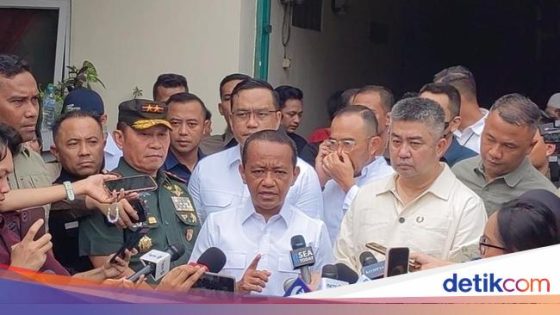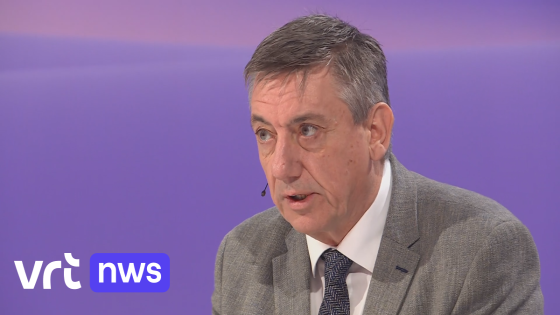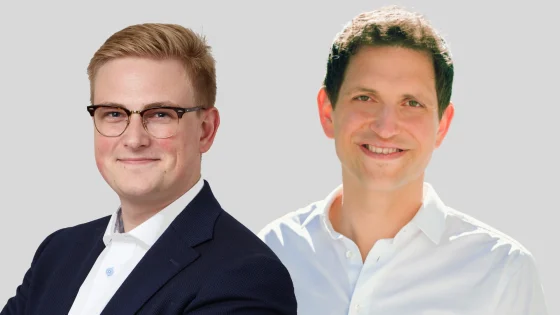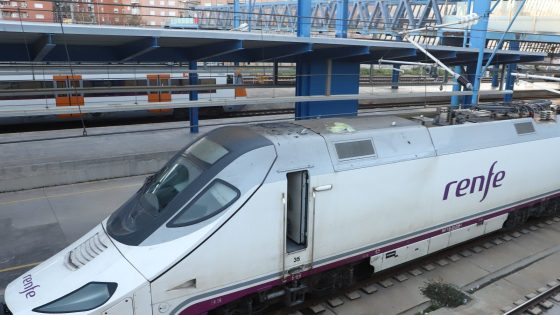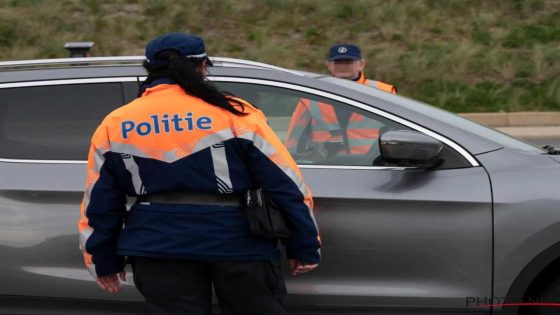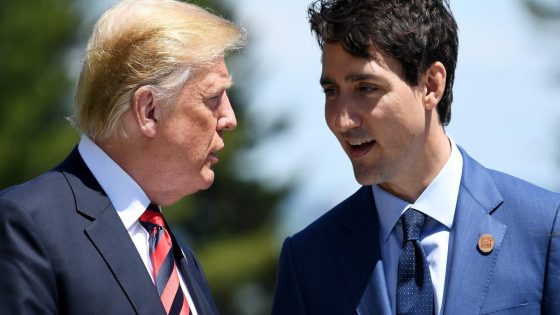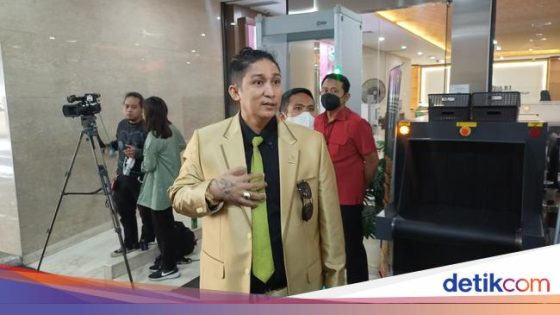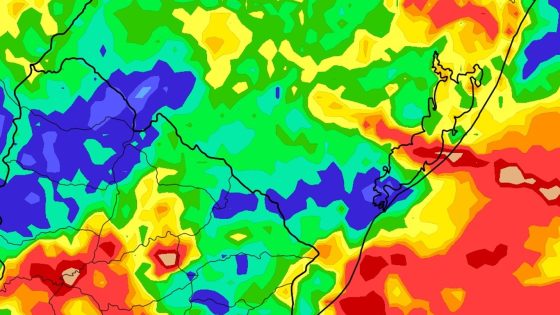On February 8, 2025, Indonesia‘s Minister of Energy and Mineral Resources, Bahlil Lahadalia, announced plans to regulate the distribution of subsidized solar fuel. This initiative follows recent efforts to streamline the distribution of 3 kg LPG. Why is this important for the public? It aims to ensure that subsidies benefit those who truly need them.
- Minister Bahlil plans to regulate subsidized solar.
- Subsidized solar primarily used by industries.
- Policy may cause public unrest, says Bahlil.
- Public policies rarely achieve 100% success.
- Current subsidized solar price is Rp 6,800/liter.
- APBN covers Rp 5,150/liter subsidy cost.
Indonesia’s New Initiative to Regulate Subsidized Solar Fuel Distribution
Why is the regulation of subsidized solar fuel crucial for Indonesian citizens? Bahlil Lahadalia revealed that many industries, including freight trucks and public transport, have been misusing these subsidies. This new directive aims to redirect the benefits of these subsidies to the intended recipients, ensuring fair access for all.
Impact of Subsidized Fuel Regulations on Industries and Consumers
The government’s decision to regulate subsidized solar fuel comes with several implications:
- Increased scrutiny on fuel distribution channels.
- Potential pushback from industries reliant on subsidized fuel.
- Greater transparency in subsidy allocation.
- Focus on public welfare and equitable access to resources.
Challenges Ahead for the Government’s Fuel Regulation Strategy
Implementing these regulations won’t be without challenges. Bahlil acknowledges that public policies rarely achieve 100% success. There may be resistance from industries that benefit from the current system. However, he remains committed to evaluating and improving these policies as needed to ensure they serve the public effectively.
Understanding the Financial Aspects of Subsidized Solar Fuel
The current price of solar fuel is set at Rp 11,950 per liter, but with government subsidies, consumers pay only Rp 6,800. This significant difference of Rp 5,150 per liter is covered by the national budget. Understanding this financial structure is crucial for citizens as it highlights the importance of proper subsidy management.
In conclusion, the Indonesian government’s move to regulate subsidized solar fuel distribution is a step towards ensuring that subsidies benefit those who truly need them. By addressing misuse, the government aims to promote fairness and transparency in fuel access.



